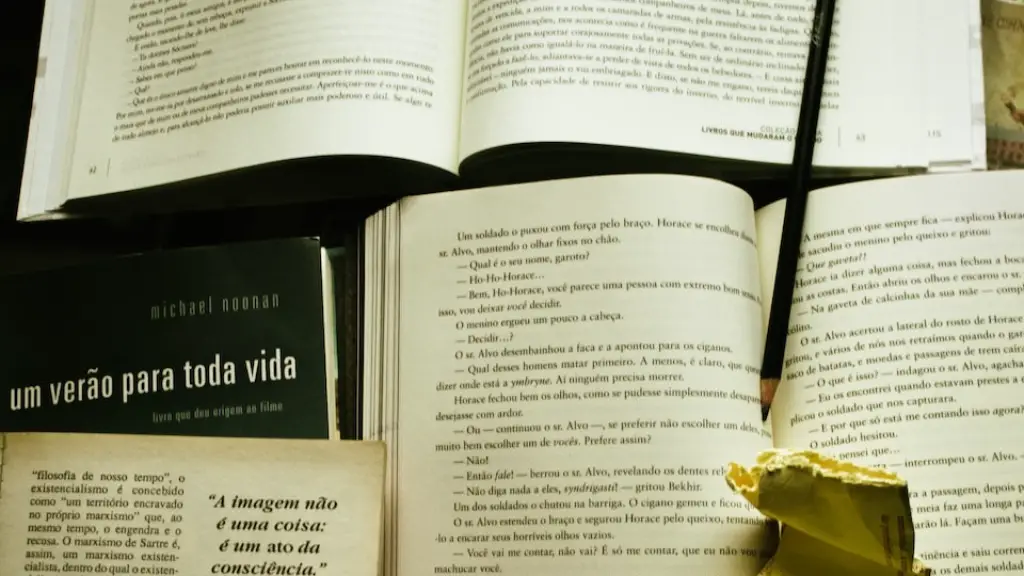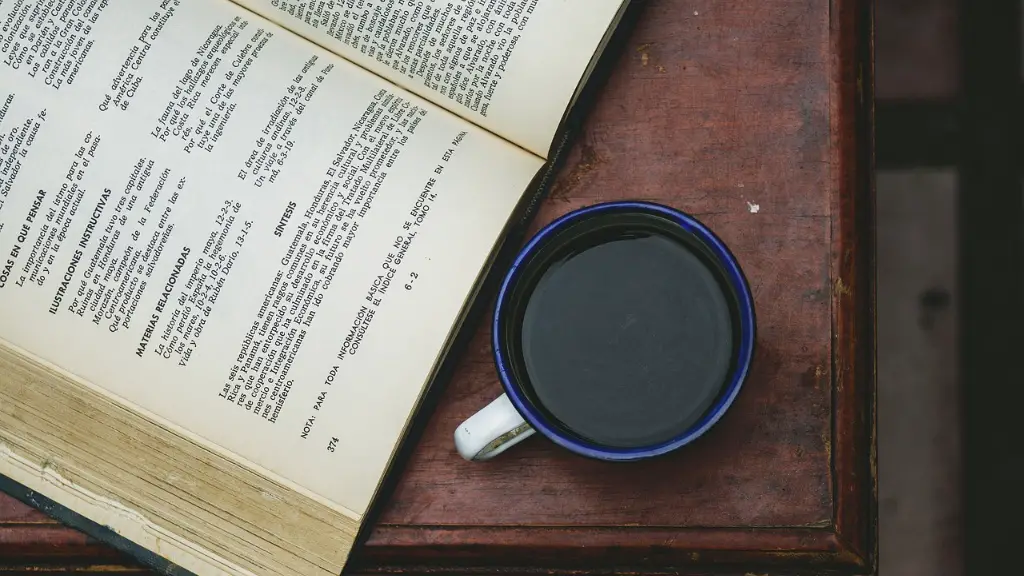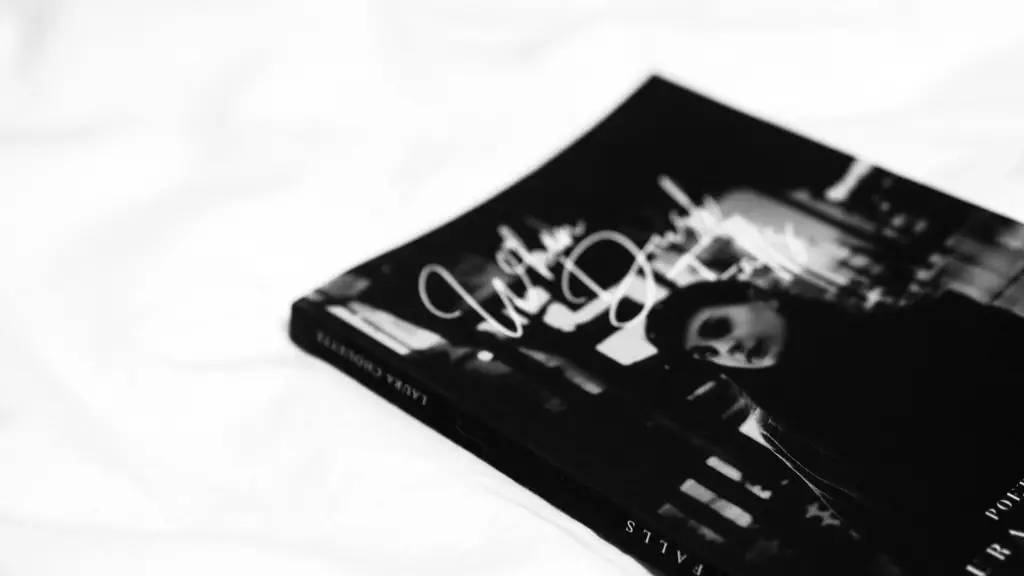The Rise of Poetry During the Civil Rights Era
During the Civil Rights Era, poetry played an undeniably important role in helping to make people aware of the injustices people of color were facing. Poets used their words to bring people’s attention to the unequal conditions they were subjected to in society, while also evoking emotion and inspiring those who heard the words.
Poetry has always been one of the central modes of expression for African Americans, with the rise of slave narratives and spirituals as some of the earliest forms of African American literature. Poetry has been a way for African American people to express their feelings and make their voice heard throughout the centuries. During the Civil Rights Era, poetry was used as a means to inspire and keep the hope alive for a better future.
The impact of poetry for social justice during the 1950s and 1960s was felt deeply, with a notable shift from the conventionally passive styles of the Harlem Renaissance in the 1920s and 1930s. Poets such as Langston Hughes had shifted away from the dreamlike nature of his early works, and began using his poetry as an outlet to express his critique of the African American experience in society. Hughes’ work often focused on the injustices faced by the African American community and the efforts taken to overcome them.
Other notable poets during this era included Gwendolyn Brooks and Amiri Baraka. Both poets created works that centered around activism and social justice and highlighted the inequities of the American system. Brooks’ poem ‘We Real Cool’ is a prime example of her penchant for social justice, as she discusses the plight of African American youth in a direct and confrontational manner. Baraka’s work was even more direct and confrontational, as he wrote about the oppression of African Americans and called for direct action to end racism and bigotry.
The work of these civil rights poets had a profound effect on both their contemporaries and the generations that followed. Their words were an inspiration for those who heard them, and sparked hope for a future that brought equity and justice for all. Through their words, they were able to galvanize their audience and bring attention to the issues faced by African Americans.
The impact of poetry during the Civil Rights Era was not limited to words, however. Many of the civil rights marches and protests featured poetry, as it was seen as a powerful and collective form of expression. Poets would often lead the crowd in rhythmic chants, dramatizing their words and building a sense of solidarity among those marching. Poetry was also used as a means of rallying people together and encouraging them to stand up for what was right.
From the fiery words of poets like Amiri Baraka to the crowd-inspiring chants of marches, poetry played a prominent role in the Civil Rights Movement. It was a powerful form of expression and a tool for inspiring hope, sparking creativity, and highlighting the injustices African Americans faced. Its impact can still be felt today, as civil rights poets continue to create works of art that echo the socio-political issues of their time.
The Power of Protest Poetry
Commonly referred to as “protest poetry,” this type of writing was specifically used to express dissent and outrage at the unfairness of the conditions of oppression African Americans were suffering. Protest poetry was used to educate, to rally, and to inspire people to action. Of course, it was also used to show people that they were not alone in their struggle.
The majority of protest poetry was traditionally oral, with the subject matter of the poems generally being sung in the style of a spiritual or performed as open-air speeches. This allowed poets to reach large groups of people and spread their message more easily.
A famous example of a protest poem is Langston Hughes’ ‘Let America Be America Again’. Often performed as a song or chant during marches, the poem is a criticism of how America had failed its promises to African Americans and how it still had far to go to make good on those promises.
Protest poetry had a powerful impact on those who heard it- it served to inspire, motivate and gain support for the fight for freedom. Rosa Parks is known to have heard a protest poem in a church shortly before her arrest in 1955, which may have helped to bolster her courage and act as a catalyst for her famous defiance. Many civil rights activists have attributed their success to the power of protest poetry, and its influence can still be seen in current social justice movements.
The Women of the Movement
Although protest poetry was the domain of African American men, there were also many women who wrote and performed their own protest poetry during the Civil Rights Era. Women like Maya Angelou, Alice Walker, and Nikki Giovanni were some of the most celebrated protest poets of the time. These poets used their words to fight for freedom, justice and equality, and their works highlighted the unique experiences of African American women in society.
Maya Angelou’s poem ‘Caged Bird’ is one example of her powerful ability to communicate the struggle of African American women. The poem is an expression of yearning for freedom and the recognition of the trauma and struggle ordinary African American women had to endure. Similarly, Nikki Giovanni’s ‘Black Judgment’ is a powerful poem that criticizes the oppression of African American women and celebrates their strength and resilience.
These women and their work made a revolutionary shift in the way that African American women were seen in society. They gave a potent voice to the African American women’s movement and empowered women to take a stand and fight for justice. Women around the world have been influenced by these iconic poets and continue to draw inspiration from their words.
The Legacy of Poetry
The legacy of the poets of the Civil Rights Era lives on, as their works and ideas continue to inspire and galvanize people to action even today. They brought to life the feelings and experiences that African Americans had to suffer through and gave a voice to the voiceless. Their works remain a lasting testament to courage, hope, and resilience in the face of adversity.
Poetry continues to be an influential tool today, with the works of new and emerging African American poets continuing to explore the topics of identity, race, and oppression. This new generation of poets is creating works that draw upon the traditions and styles of the Civil Rights era and bring justice and equity to the forefront of their message.
The impact of poetry on the Civil Rights Movement was undeniable and can still be felt today. Poets like Langston Hughes, Gwendolyn Brooks, Amiri Baraka made their voices heard in the face of injustice and oppression, and their works will continue to have an impact on generations to come.
Conclusion
Poetry played a very important role in the Civil Rights Movement of the 1950s and 60s. Poets such as Langston Hughes, Gwendolyn Brooks, and Amiri Baraka used their words to confront the racism and bigotry of the times. They used their voices to inspire and empower those who heard them and fight for freedom and justice. Protest poetry was used to educate and rally people to action, while women poets used their words to celebrate the strength of African American women. The legacy of these civil rights poets continues to inspire and motivate people to this day, and their words still live on as a reminder of the power of the written word.




